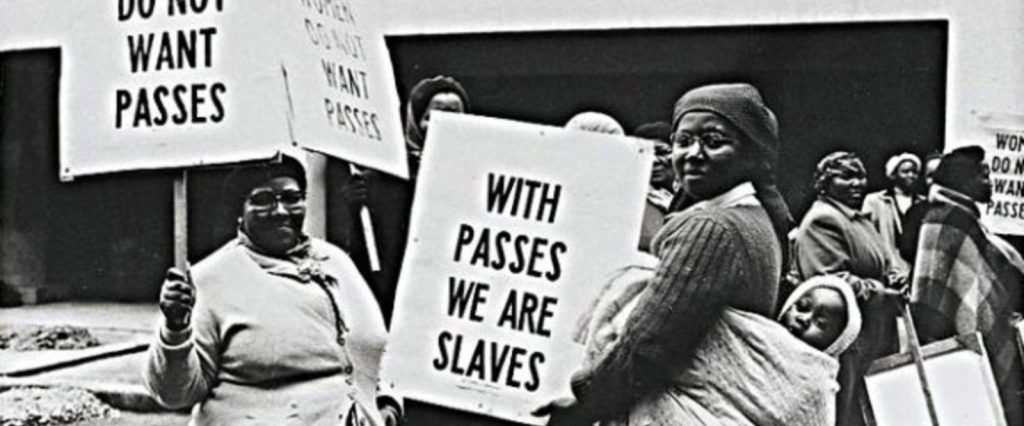Download your Magazine copy here
The struggle against the pass laws in South Africa is a significant chapter in the nation’s history, particularly concerning the role of women in the fight against apartheid. The pass laws were part of the apartheid regime’s strategy to control the movement of Black South Africans and to enforce racial segregation. These laws required Black people to carry passbooks, also known as “dompas,” at all times, which restricted their freedom of movement and access to certain areas. The 1913 Anti-Pass Campaign The resistance against the pass laws by women began as early as 1913 in the Orange Free State. Black women, particularly those in Bloemfontein, led the first anti-pass campaign after the government decided to extend pass laws to women. The campaign was spearheaded by Charlotte Maxeke, a prominent leader and one of the first Black South African women to obtain a degree from an American university. The women organized protests, refused to carry the passes, and staged demonstrations against the discriminatory laws. Their efforts were met with violent repression, but they set the stage for future resistance.
The 1956 Women’s March
One of the most significant events in the history of resistance against the pass laws occurred on August 9, 1956, when approximately 20,000 women of all races marched to the Union Buildings in Pretoria. The women were protesting against the proposed amendments to the Urban Areas Act, which would require Black women to carry passbooks. The march was organized by the Federation of South African Women (FEDSAW), which included leaders like Lilian Ngoyi, Helen Joseph, Rahima Moosa, and Sophia Williams-De Bruyn. Lilian Ngoyi, a trade unionist and a member of the African National Congress (ANC) Women’s League, was a key figure in the organization of the march. She was known for her powerful oratory skills and her commitment to the struggle for freedom. Helen Joseph, a social worker and one of the founding members of FEDSAW, played a significant role in mobilizing women across the country. Rahima Moosa, a trade unionist and anti-apartheid activist, and Sophia Williams-De Bruyn, the youngest of the leaders at the age of 18, also played crucial roles in the march.
